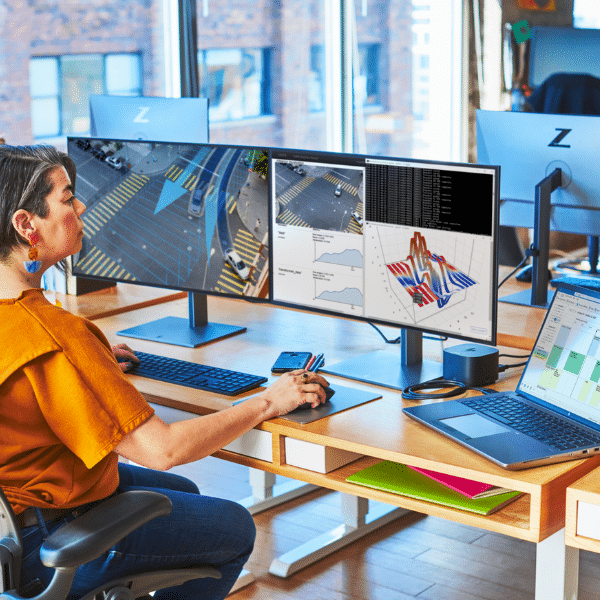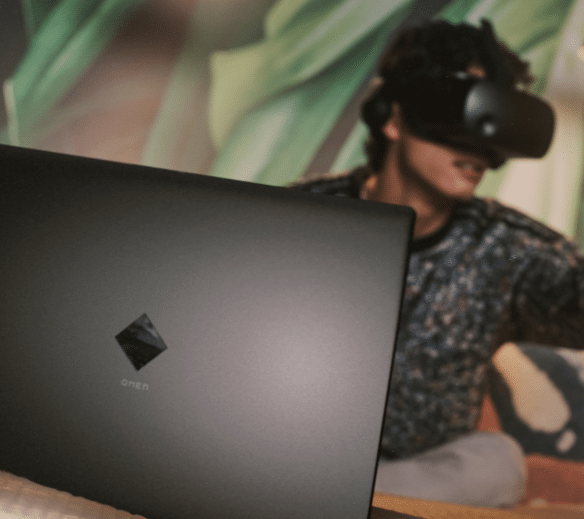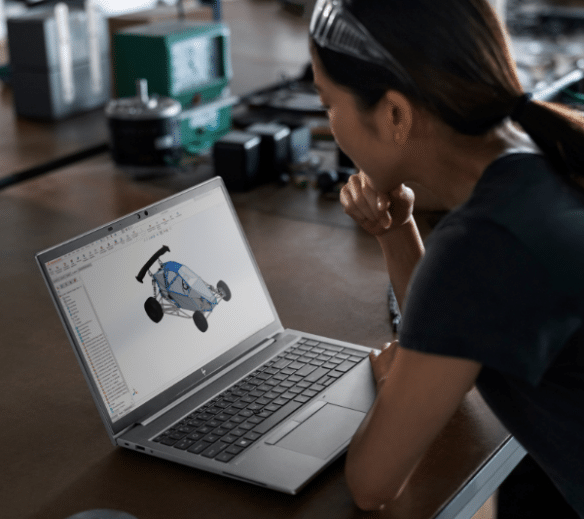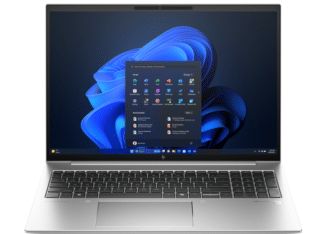
When comparing a PC vs workstation, it’s easy to assume they’re the same thing. After all, both are desktop computers. But the distinction is important:
-
A PC (Personal Computer) is designed for everyday tasks like browsing, office work, and light creative projects.
-
A Workstation is built for professionals who rely on performance, stability, and reliability to run demanding applications like CAD, video editing, or data science.
Knowing the difference matters because choosing the wrong machine can mean overspending on unused performance, or underinvesting and struggling with productivity bottlenecks.
What is a PC?
A PC is a standard personal computer made for general-purpose computing.
Best for: emails, spreadsheets, web browsing, video calls, and light creative work.
Pros: lower cost, more energy efficient, good for everyday tasks.
Limitations: less powerful CPU and GPU options, limited memory and expansion.
What is a Workstation?
A Workstation is a high-performance computer designed to handle heavy, resource-intensive workloads.
Best for: professionals in design, engineering, media, and data science.
Pros: enterprise-grade CPUs, large memory capacity, professional GPUs, greater reliability, and expandability.
Limitations: higher upfront cost, larger power demands.
Head-to-Head Comparison
| Feature | Desktop PC | Workstation |
|---|---|---|
| CPU | Consumer-grade (e.g. Intel® Core™ i5/i7) | Multi-core enterprise CPUs (e.g. Intel® Xeon®) |
| Memory (RAM) | Typically 4–32 GB | 64 GB – 2 TB+ |
| Graphics | Integrated or consumer GPUs | Professional GPUs (e.g. NVIDIA RTX™ A6000) |
| Storage | HDDs/SSDs, limited capacity | Large-scale SSDs/HDDs, up to 100+ TB |
| Expandability | Limited slots for upgrades | Multiple expansion slots for GPUs, RAM, storage |
| Certification | Rarely certified | ISV-certified for professional software |
| Reliability & Cooling | Standard cooling, consumer-grade parts | Enhanced cooling, enterprise-grade reliability |
| Price / Cost | Affordable (budget-friendly) | Higher upfront cost, justified by performance gains |
When to Choose a PC vs a Workstation
The decision between a desktop PC vs workstation depends on your role, workloads, and budget.
-
A PC is enough when:
-
You mainly use email, web, Office apps, or collaboration tools
-
Your work doesn’t require advanced graphics or large datasets
-
Cost-efficiency is more important than performance
-
You want a machine for light creative projects, browsing, or admin work
-
-
A Workstation makes sense when:
-
You need advanced CPU/GPU power for CAD, 3D rendering, or simulation
-
You work with large datasets, AI/ML models, or high-res video content
-
Reliability and uptime are critical to your work
-
You require ISV certification for industry-standard applications
-
You want room to expand with additional RAM, GPUs, or storage in the future
-

Common Workstation Use Cases
Workstations are built for professionals who need reliability and power far beyond what a standard PC can deliver. Some of the most common use cases include:
-
Engineering & CAD – Running complex simulations, 3D modelling, and architectural design software like AutoCAD or SolidWorks.
-
Media & Entertainment – Editing high-resolution video, creating visual effects, and producing digital content with Adobe Creative Suite or DaVinci Resolve.
-
Data Science & AI – Handling large datasets, training machine learning models, and visualising analytics.
-
Scientific Research – Running simulations, rendering detailed graphics, and carrying out computational-heavy workloads.
-
Product Design & Manufacturing – Using digital twins, prototyping, and rendering workflows that require stability and certified hardware.
Common PC Use Cases
PCs are designed for everyday productivity and general computing tasks. They’re the right choice when performance demands are light and cost-efficiency is the priority. Typical use cases include:
-
Office Productivity – Word processing, spreadsheets, email, and presentations.
-
Collaboration – Video conferencing, instant messaging, and cloud-based apps.
-
Web Browsing – Research, online shopping, and accessing web-based tools.
-
Light Creative Work – Basic photo editing, entry-level video editing, or presentation design.
-
Education & Learning – Online classes, research, and homework for students.

Key Takeaways
-
PC vs Workstation: PCs are cost-effective for everyday tasks, while workstations are engineered for professional, performance-heavy workloads.
-
Workstation vs Desktop PC: The difference lies in processing power, reliability, expandability, and certification.
-
Choosing the right machine matters: underpowered PCs can limit productivity, while overpowered workstations may be unnecessary for general tasks.
At DTP, we’ve been helping organisations choose the right IT solutions for over 35 years. Whether you need a PC, laptop, or workstation, our experts can guide you to the best fit for your workloads and budget.






